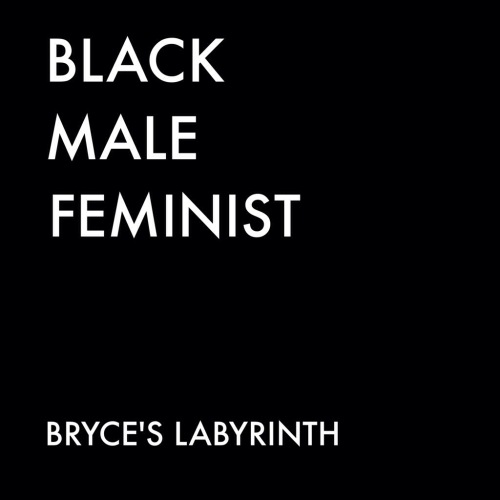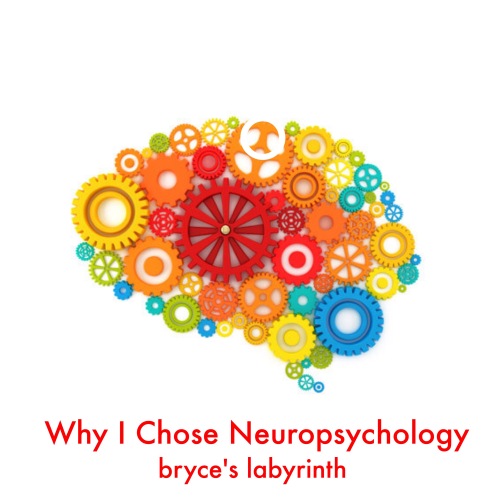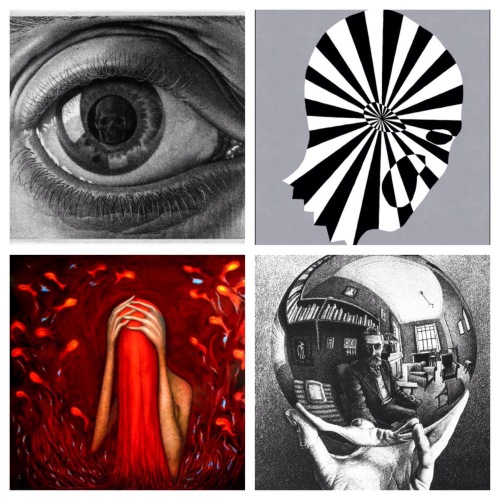Let us be clear from the beginning, women and men are not created equal. Lets take it one step further, no one is created equal.
By believing that everyone is equal, we create a society of expectations and power vacuums where legitimate differences lie. We set the stage for the brand of social polity which sweeps complex issues under the rug in the name of political correctness.
Guess what? I can’t draw to save my life. My primary emotional setting is biased towards negative expressions such as anger and irritation. I am extraordinarily athletic. I have a certain style of charisma. Certain bits of information I process quickly, others take, days, weeks, or even years. I struggle with calculus but I really enjoy. I’m a good public speaker. My mind races sometimes and its really hard to focus. I’m terribly afraid of rejection.
There is no one else who experiences life exactly the way I do. There are those that do things significantly better than me and those that I do I things significantly better than. Then there are those that just do different things than me…
This is the nature of the life force: it does not imbue us all with the same gifts or shortcomings, interests or disinterests.
Thus, we are not created equal.
However, we can create equality. Why? Because if you were to take a macroscopic cross-section of the human species, you would see that many of our talents and weaknesses complement each other. We are all variations on the exact same theme and any attempt to dismiss this reality is a denial of humanity, something I cannot bring myself to do.
Intuition, the beautiful conscious experience of unconscious processing, has been the major vehicle for the development of human society for some thousands of years now. It hinges upon subjective, practical experience, with sensory information shaping the salience and products of the hidden brain. For many, intuition seems like something otherwordly; it is a positively inexplicable phenomenon which often gets promoted to paranormal or supernatural status. Intuition, from my perspective and those that share my views, displays the majesty of our brain structures. We are not computers, but something much more brilliant: we are the latest update of the vehicles that carry life.
Intuition is the easiest mental experience to capture; it happens spontaneously and is rarely accompanied by conscious control. The result is a feeling that this information must be true or at the very least, valuable, and from their behavior generally ensues.
It is my belief that intuitive reasoning has been the primary modus for the propagation of discrimination of any kind. As intuition is an unconscious process and unconsciousness is modulated both by genes and by environmental stimuli, the brain is drafting conclusions via certain frameworks and resulting biases without the individual being aware they are happening.
Thus, intuitively, women are weaker than men. They are more emotional and ergo, less rational, with ration being a substitute for intelligent. Their status as nurturer permanently marries them to remaining in the house, rearing children and preparing meals. Upon this anachronistic mindset, many a culture and society have been built.
It does not require a neuroscientist to see that this is utter nonsense.
But, most “scientists” are those that forsake intuition just long enough to forge testable hypotheses, opting for a shade of objectivity rather than woefully shortsighted subjectivity. As the individual thinks in empirical modes, his subjectivity is continually altered, allowing him or her to generate more mature intuitions.
I suppose this is the moment that I offer the pathetic speech about all the wonderful females I know. This is where I say, my boss, a clinical and forensic neuropsychologist, is one of the youngest and most successful practitioners in the region. Or maybe, my best friend, a female, is arguably the most brilliant person I’ve ever met. Or perhaps I engage in a lengthy diatribe about how men and women have different qualities for good reasons and those should be respected.
While this is all true, it masks my point with political correctness.
I have long since had to relinquish beliefs in many of the teleological beliefs that lurk in the ideologies so popular in modern society. Teleogy, for those unaware, is any belief that argues that we are moving to some final destination, some grand finality in which things either blow up (like Armageddon) or things reach maximum harmony. I don’t really care for either and I don’t spend much time wondering which is true.
What I do believe is that life is much like an infinitely complex algorithm that continually plays combinatorial games with all its expressions. Thus, from the first single celled organism to us, the most complex creature in the known universe, life finds more and more ways to deal with its innate problem: homeostatic balance or the maintenance of itself. Life wishes to live and it looks for more optimized ways to do so.
Optimized implies final state, optimality, right? Not necessarily and even if it did, it isn’t something we could even begin to understand. We ourselves are still evolving and the phenomenon of consciousness has saw to it that we accelerate the process nicely.
Life surges through all of us equally and that is where our equality lies. It isn’t that we were “created” equal but that we have been given equal chance to pursue all of our goals through the human condition.
Women provide a wealth of information because women, last time I checked, are humans. They brains with mind numbing complexity and they express a myriad behaviors just like any other human.
This goes for all manner of social identifier, gender, age, creed, sexual orientation — whatever.
Now, here’s the catch, intuitive readers have been thinking, “yes bryce, but these are social phenomena. While it may be true that equality and access to the life force are freely permitted, the identifiers entire into different waters, socialization.”
This is 100% fact and this is where all our problems as a species lie. Intuition leads one to this place and keeps plotting along as a biased, unwieldy beast.
Allow me to offer an opinion: humans are a social species; evidence suggests that our evolution has been borne upon the wings of our ability to communicate and form complex societies, all of which helped us adapt against our competition in nature. Language, abstract thought, and deliberative planning — all hallmarks of humanity — are the direct reasons why we have flourished how we have.
Deep within all of us, presumably etched into our genetic information, are the exact same fighter and Darwinian champion instructions our ancestors passed along to us; however, with the advent of consciousness came reflective thought and reflective thought creates very interesting precipitates. As vessels of life, we are hardwired to want to live, however, life in its emergent complexity augmented its automaticity. We went from nonconscious, with no awareness and no control, to conscious, with a type of control. The dimensions of this control are far beyond the scopes of this post, but they involve the dialectical relationship between organism and environment. Consciousness permits a step in the direction of free will, but it is not entirely free.
So while certain concepts are ingrained deep below the levels of consciousness, our awareness, or the things we direct our conscious phenomena toward, assigns special value to the streaming information. This causes a type of modulation, a change, in the very anatomy and operation of the brain.
This process is by no means easy, but it is the basis for psychoanalysis and the entire field of clinical psychology.
What does this mean for society? It means that for most of us, we are quick to identify and classify others as this or that, a quirk of the life program, but we don’t have to assign negative or positive qualities to these categorizations. With enough practice a person is able to see the entire world around them for what it is: a massive playground for existential exploration.
The exploration of life.
As previously stated, we are all humans. Black, white, Chinese, Mexican, Persian, French, Moldovan, El Salvadorean, Spanish. Christian, Muslim, Jewish, Jain. Tall, short, fat, skinny. Heterosexual, homosexual. Cisgender and transgender.
While our complex wet-ware (brains) will attempt to structure these things and assign values to them, it is possible to reorient the entire way one sees them.
Why would anyone actually want to do these things? Because they’re right? Because they’re ethical? Because they’re moral?
No.
Because its life. We should value the differences between one another because thats how our brains make decisions. David Eagleman calls the workings of the inner self the “competition among rivals,” meaning that even within ourselves various programs are running and competing for conscious and behavioral expression. It is from this intrinsic makeup that we humans created democracy or the “competition among rivals” socially speaking.
With difference comes the inbuilt quality of life: the ability to recombine over and over again to produce increasingly more efficient results. Women come built in ways different than men not because of some ontological status, but because it enriches the process of life.
Therefore, I am a feminist. I believe that women possess just as much right to pursue happiness in our societies as myself. I believe EVERYONE should have a right pursue happiness.
We all come built in different ways because it promotes an extraordinarily robust existence. We have been blessed with the ability to help that process along.
Thanks Life for conscious awareness.






